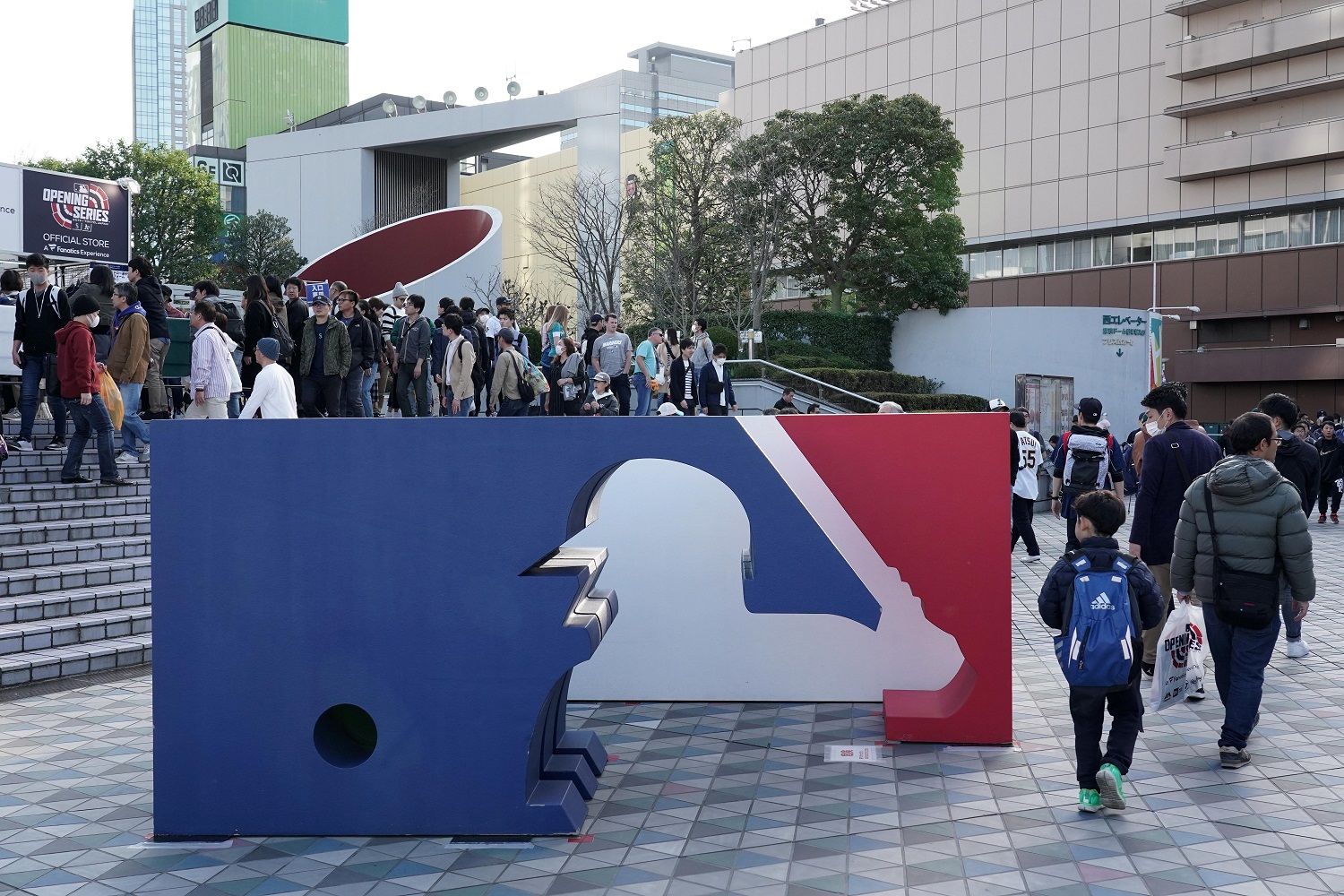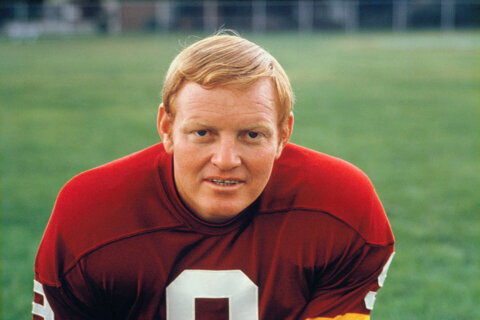
Earlier this week, FiveThirtyEight published a piece by Travis Sawchik titled “Do we even need Minor League Baseball?” The basic idea is that players can hone their skills off the field in training facilities to prepare them for the big leagues, perhaps rendering the minor league system of actually playing baseball games obsolete.
Some derided the idea as narrow-minded, but what if it didn’t go far enough? After all, do we even need Major League Baseball?
MLB is ripe for change in part because of how much data can be collected off the field these days.
In fact, if all the skills Sawchik says are so crucial to development can just be honed in practice facilities, teams would be able to protect their proprietary secrets they’re ever more self-serious about. Organizations could just have their players train in secret silos in undisclosed locations near the cities they represent. Why even play the Major League games at all?
After all, if Sawchik thinks attendance is an issue in the minor leagues — where, as MiLB announced Tuesday, it was up 2.6 percent from last year — I’ve got some news about the big leagues.
Of course, revisiting the structure of the minor leagues — something Sawchik quotes MLB Commissioner Rob Manfred as having discussed in July — surely has nothing to do with the fact the league decided to spend several million dollars to ensure its substandard wage practices for minor leaguers would continue, rather than just pay a few million more per club to actually support their employees. Couldn’t possibly be related.
Perhaps rethinking the Major Leagues should be considered at the highest level of the sport.
Since the 1960s, Major League Baseball has continued to add more and more teams. At the beginning of the decade, there were just 16 teams. This season (and since 1998) there are 30, with murmurs of even further expansion in coming years. But only 10 teams actually make the playoffs. Who cares about the daily wins and losses of a season when all that matters is a championship?
Why even play the regular season, when you can just run a simulation 10,000 times to see which teams deserve to play for a championship?
Who wants to watch the Tigers…and the Orioles, and the Royals, and the Blue Jays, and the Marlins, all of whom are on pace for more than 100 losses? Let them all train in their biodomes in Bloomfield Hills, and Ellicott City, and Overland Park, and Mississauga and Hialeah until their simulations prove good enough to land them in the playoff field.
Because what is this sport at its heart if not an endless set of calculations designed to shave every last margin of performance?
It’s not about the glow of the outfield grass on a sunny day, the smells of hot dogs and onions on the flat-top, or the chance to take home a game-used souvenir with a smudge of pine tar on the cover, right where the bat struck it, sending it fatefully into your waiting hands. It’s not about the immutable, unfolding rhythms of a 5-4-3 double play or a triple to the right-centerfield gap that raises your heart rate and binds the generations of the game’s fans together.
It’s certainly not the ability, just for a few hours, to escape the cacophonous rattle of our never-ending political horrors, the monotony of our daily grinds and responsibilities, the constant reminders that our planet is spiraling inexorably toward the heat death of life as we know it on Earth.
No, that’s not it.
The point of baseball is to determine which set of Ivy League-educated front offices is best at identifying market inefficiencies and exploiting the inequities in the collective bargaining agreement to maximize profits for a billionaire ownership class. Right? Who’s with me?
Or, wait, hold on. Maybe sports are supposed to be entertainment for fans.
Maybe all the data science can help you try to steal a few more wins here or there, but that the promise of someday optimizing your cost-controlled player window for a chance at winning a championship isn’t why a family of four decides to spend their Friday night at the ballpark instead of at the movies, or just at home watching Netflix.
Maybe, whether they’re “major” or “minor,” the players and teams and game mean something to the communities they bring together each spring, summer and fall. Maybe more people playing and watching baseball is better for baseball.
Nah.







